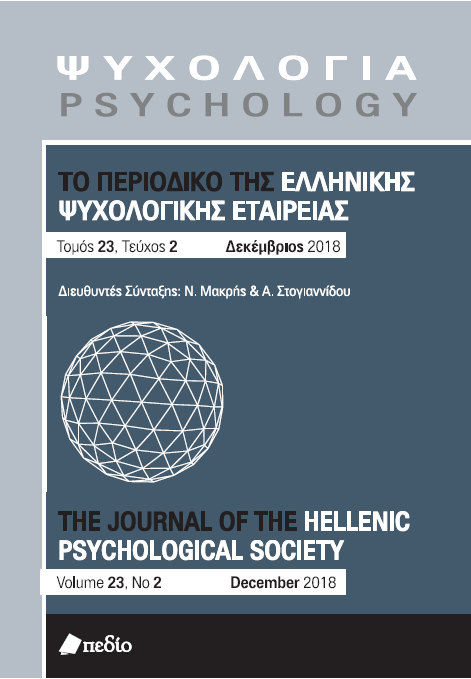Trauma associated with AIDS: Approaches of the personal, social and political meanings posed by the spreading of the HIV infection in the gay community

Abstract
The current article is based in psychological theories and researches and some anthropological approaches about the spreading of the HIV infection and AIDS in current west societies, in order to investigate the connections between the social and cultural representations and the personal meanings with which the disease is associated. It attempts to
highlight how these meanings affect the way by which the person experiences the diagnosis of AIDS. A constructionist and phenomenological approach is used in order to discuss the impact of the diagnosis as a traumatic event that stigmatizes the personal identity and sets forth a process of re-evaluation of the personal position and the position of the gay community to the world. In contrast to the dominant trend to assimilate the stigma and the perception of the disease as a punishment, which maintains the fear, the silence and the repression of the diversity, a political discourse that is developing internationally is presented, which views the trauma of AIDS as a catalyst for the empowerment of the victims.
Article Details
- How to Cite
-
Καραγεωργίου Ε. (2020). Trauma associated with AIDS: Approaches of the personal, social and political meanings posed by the spreading of the HIV infection in the gay community. Psychology: The Journal of the Hellenic Psychological Society, 19(4), 434–444. https://doi.org/10.12681/psy_hps.23698
- Issue
- Vol. 19 No. 4 (2012)
- Section
- REVIEWS

This work is licensed under a Creative Commons Attribution-ShareAlike 4.0 International License.
The journal PSYCHOLOGY adopts a Platinum open-access policy. Submission, processing or publication costs are waived by the Hellenic Psychological Society. Papers published in the journal PSYCHOLOGY are licensed under a 'Creative Commons Attribution-ShareAlike 4.0 International' licence. The authors reserve the copyright of their work and grant the journal the right of its first publication. Third-party licensees are allowed to use the published paper immediately after publication as they wish, provided they retain the defined by the license copyright formalities, regarding the reference to its author(s) and its initial publication in the journal PSYCHOLOGY. Moreover, any adjusted work should be shared under the same reuse rights, so with the same CC license.



